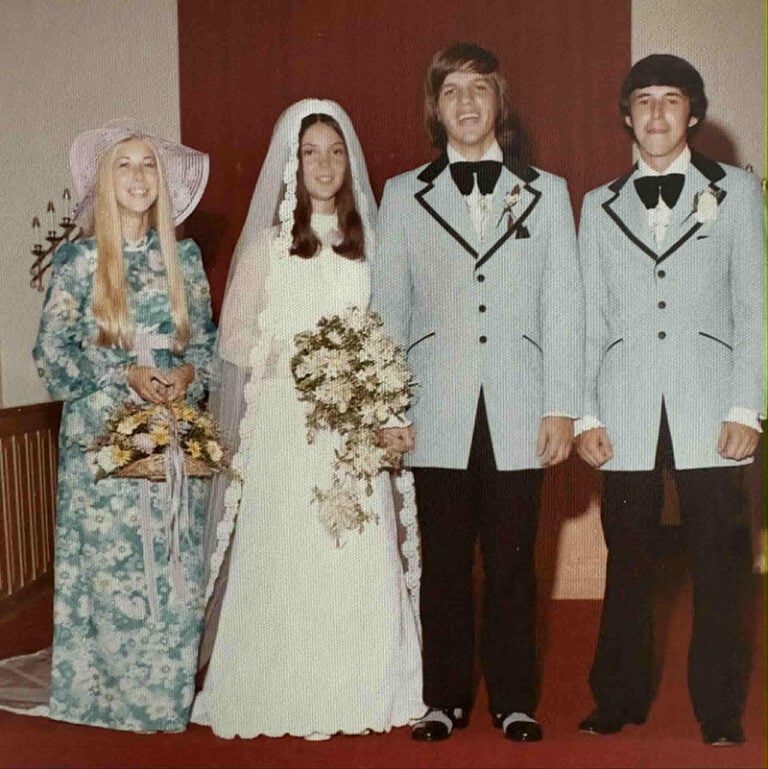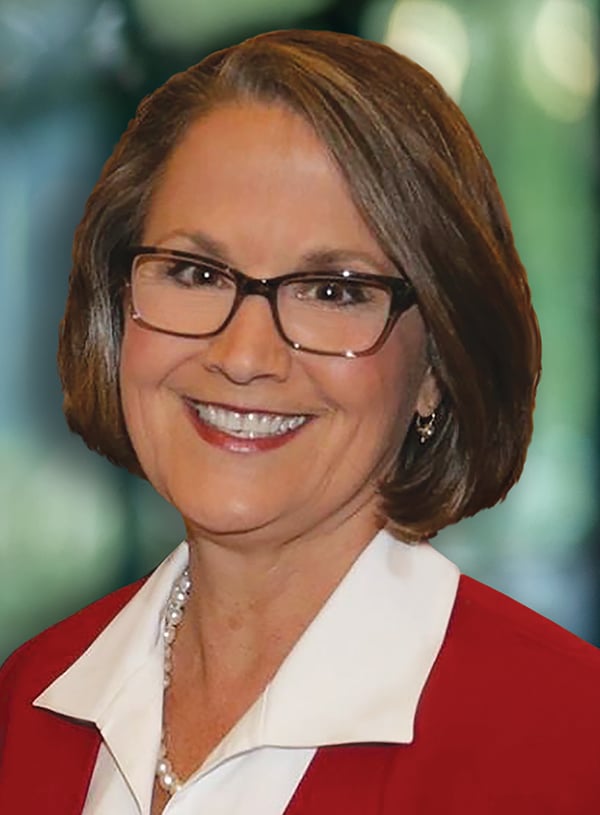I was recently invited to speak to a group of concerned citizens in Northern Kentucky about a “Fairness” ordinance introduced by their city council and how best to defeat this proposal. The problem with these ordinances is they’re often used as a tool to violate the conscience and religious freedom of local residents, especially business owners. LGBT activists were protesting across the street, one of whom greeted me in front of the church. The camera was rolling from a Cincinnati TV station to record the drama.
Most of us would rather avoid such conflict, but Christians are called not to fear conflict but rather to walk with God in all situations. In fact, we’re called to shape culture by living out principles of the faith. This means standing for truth in the public arena. But just as important as standing for truth is to stand for truth in the right way, a God-honoring way. This means that humiliation, name-calling, and bigotry should have no place in a Christian’s life. Period. Full stop.

What struck me as odd was the outright anger and hostility aimed at LGBT activists chanting across the street, and toward me for suggesting that they need God’s love and compassion as much as I do. The hostility I received from a few people inside the church was unexpected. Some saw grace toward my opponents as compromise and confused loving my enemies with “loving the world.” I share this not to gripe but as an opportunity to offer some guiding principle for Christians to engage culture and public policy in a public setting.
For starters, followers of Jesus begin in a place of great humility. This is because sinners bring nothing to God and do nothing to merit His saving power in their lives. It’s all grace. It’s all Him. And as we grasp this, it should result in all humility on our part as we engage others. Scripture says that “God shows his love for us in that while we were still sinners, Christ died for us” (Romans 5:8). Jesus exemplified real grace and real love by laying down his life for us—even while we were still at war with him. That’s powerful.
So then how do we begin the conversation? The short answer is not epithets cloaked in anger. Rather we should “walk in wisdom toward outsiders, making the best use of the time. Let your speech always be gracious, seasoned with salt, so that you may know how you ought to answer each person” (Colossians 4:5-6). Even before we speak, we ought to walk in wisdom and be cautious. As James tells us, “Let every person be quick to hear, slow to speak, slow to anger; for the anger of man does not produce the righteousness of God” (James 1:19-20).
How do we approach those who are still opposed to the Creator and Redeemer of mankind? Even those who promote policies and agendas that are antithetical to human flourishing, undermine religious liberty, and are clearly contrary to God’s principles? Jesus tells us to love our enemies. “But I say to you who hear, Love your enemies, do good to those who hate you, bless those who curse you, pray for those who abuse you” (Luke 6:27-28). This is difficult. I’m still trying to figure out what this looks like in the public policy realm. However difficult it may be, Jesus demands this of His followers.
For those who would call fire down from heaven and carpet bomb their opponents, consider 2 Timothy 2:24-26: “And the Lord’s servant must not be quarrelsome but kind to everyone, able to teach, patiently enduring evil, correcting his opponents with gentleness. God may perhaps grant them repentance leading to a knowledge of the truth, and they may come to their senses and escape from the snare of the devil, after being captured by him to do his will.” Paul’s admonition is a better way. In fact, it’s the truth.
To engage in a condemning, hateful, self-righteous way isn’t just ineffective and unproductive, it’s repulsive. It shows a lack of confidence in the gospel of Jesus Christ. We can do better. Our society depends on us whether they realize it or not.
Richard Nelson is the executive director of the Commonwealth Policy Center.


















Thanks Richard for reminded us that love and mercy are at the heart of Christ’s message. We are all called to celebrate our combined humanity and treat others as we would like to be treated. Name calling and judging only serves to perpetuate hatred and eventually leads to more violence. When we break bread together and share our commonalities, we begin to understand each other, break down barriers and work together in non-violent ways.